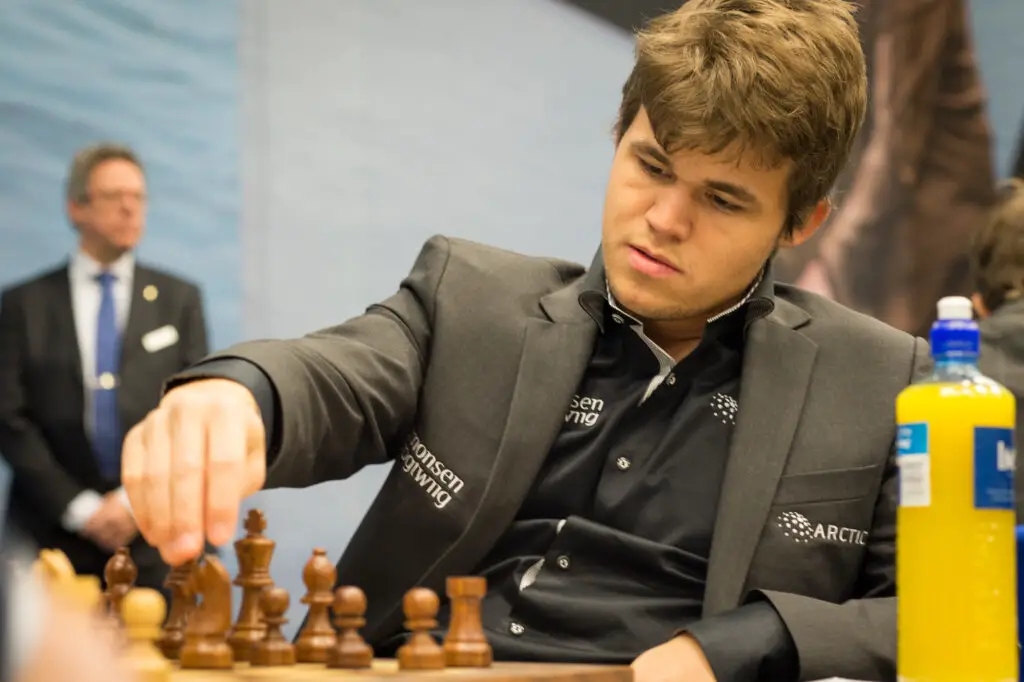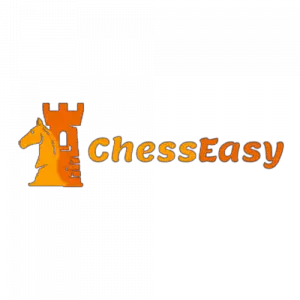
Chess is considered to be a game of skill and intellectual. Have you ever wondered about the intellectual prowess of 5 times world chess champion, Magnus Carlsen?
Magnus Carlsen’s estimated IQ is around the range of 190, which places him among the top echelons of geniuses. His cognitive skills have been witnessed not only on the chessboard but also in multiple intellectual domains.
The rest of this article will delve deeper into how this IQ was estimated, the connection between chess and intelligence, and ultimately what this means for the world of chess.
How Is Magnus Carlsen’s IQ Estimated?
Magnus Carlsen’s IQ has never been officially disclosed to the public. However, estimates placing his IQ at around 190 are derived from his astounding achievements in chess and his problem-solving capabilities on the board. To give perspective, an average IQ is usually around 100, with genius level starting at 140.
It’s worth noting that IQ tests measure a specific kind of logical and pattern-recognition intelligence. While Magnus excels in these areas, especially given his feats in chess, this doesn’t encompass the entirety of his intellectual capacities.
Chess and Intelligence: Is There A Direct Connection?
The intricacies of chess have long been associated with the sharp minds that play it. At first glance, one might think that every skilled chess player possesses an astronomically high IQ. After all, the game demands strategy, foresight, and an intense focus that’s comparable to few other pursuits.
Yet, while chess is undeniably cerebral, it’s also deeply human. Beyond the raw intellect, it involves intuition, pattern recognition, and sometimes, a bit of gut feeling. Every grandmaster knows that sometimes it’s not just about the best move, but the right move for the particular situation and opponent.
But here’s an interesting twist: research has shown that while playing chess can boost cognitive functions and improve problem-solving skills, not all exceptional chess players score exceptionally high on traditional IQ tests. This hints at the diverse facets of intelligence and the multiple types of smarts one can possess.
Magnus Carlsen stands out not just because he might have a high IQ, but because he seamlessly blends analytical prowess with creative intuition. He feels the game, understands its rhythm, and navigates its complexities as if he’s having a conversation with the board and pieces. For him, and many others, chess is as much an art as it is a test of intellect.
Emotional Intelligence on the Chessboard
When diving into the world of chess, it’s easy to get lost in discussions about the Sicilian Defense, the Queen’s Gambit, or endgame tactics. However, what often gets overshadowed, yet is undeniably crucial, is the quiet storm of emotions that each player navigates during a match. This is where emotional intelligence (EI) becomes paramount, and Magnus Carlsen is a masterclass example of this nuanced skill in action.
Let’s take a journey back to 2013, during the World Chess Championship against Viswanathan Anand. In the midst of a critical game, Carlsen, instead of making a theoretical move, went for an unexpected one. Anand, thrown off his prep rhythm, took an unusually long time for his next move. Was it the pressure? The surprise? Only Anand can tell.
But Carlsen, with his keen emotional intelligence, sensed this hesitation and subtly shifted his strategy, further unsettling Anand. This wasn’t just a battle of moves; it was a delicate dance of emotions.
Emotional intelligence is about more than just recognizing and managing one’s own feelings. It’s also about perceiving the emotional currents in others and adjusting one’s approach accordingly. During the 2018 World Chess Championship, Carlsen faced Fabiano Caruana.
In a pivotal game, Carlsen noticed Caruana’s repeated glances towards a specific area of the board, betraying a hint of anxiety. Sensing this emotional tell, Carlsen applied pressure on that very zone, turning the emotional tide in his favor.
But it’s not just about reading the opponent. In 2014, during a game against Sergey Karjakin, Carlsen found himself in a slightly disadvantageous position. Any overt sign of frustration might have given Karjakin the psychological edge.
However, Carlsen’s emotional self-control was exemplary. He maintained his composure, made no outward display of distress, and calmly navigated his way through the situation. This stoicism can be disarming to opponents, often leading them to second-guess their own strategies.
What Does Magnus Carlsen’s IQ Say About Chess?
The towering IQ estimation of Magnus Carlsen is not just a testament to his personal brilliance, but it also sheds light on the intricate and deep nature of chess. Chess isn’t just about moving pieces on a board; it’s about planning, strategizing, and predicting your opponent’s moves several steps in advance.
However, a high IQ isn’t the sole determinant of success in chess. Factors such as discipline, dedication, experience, and the ability to handle pressure are equally critical. Magnus’s unique blend of raw intelligence and these attributes makes him the force he is in the world of chess.
Conclusion
Magnus Carlsen isn’t just about a high IQ estimate. Sure, he’s a genius, but it’s also his passion, hard work, and years of experience that make him stand out. His journey in chess reminds us that it’s a blend of both talent and dedication that crafts true mastery.
